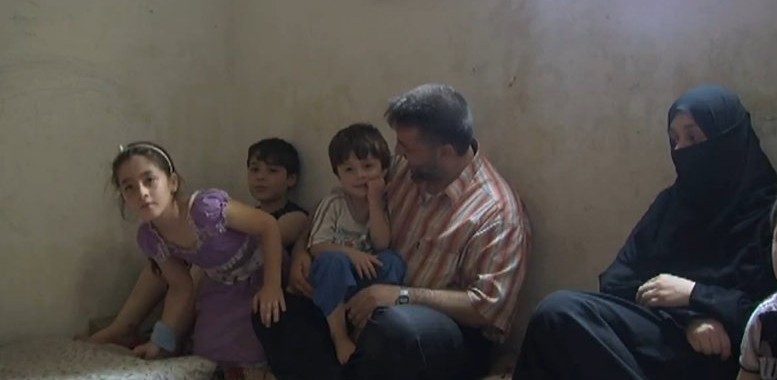Politically-Fragile Lebanon Won’t Help Syrian Refugees Resettle, Leading to Hostile Anti-Refugee Sentiment
Millions of Syrian refugees have been displaced by conflict in their home country. The war and violence that continues to threaten Syria has forced many to flee to neighbouring countries. These refugees seek safety so that they may live their lives free of fear. While many countries have helped (and continue to help) Syrian refugees resettle and integrate within their borders, some refuse to offer official protection.
Increasing Hostility Towards Refugees
Growing hostility towards newcomers exists in many countries. This hostility is fostered by fear of the unknown. Many of these countries fear political, social, and economic uncertainty that they believe will worsen with the arrival of newcomers. Lebanon is one country that has seen a major influx of Syrian refugees since the onset of the Syrian civil war. However, Lebanon won’t allow refugees to resettle, fuelling national hostility towards this vulnerable population.
Due to unwelcoming messages from the Lebanese government, there is growing nationwide anger against Syrian refugees. Lebanese President Michel Aoun made it clear that Lebanon will not allow the settlement of refugees, and Foreign Minister Gebran Bassil referred to these refugees as occupiers invading the country. These negative messages are fuelling a growing hostile attitude towards refugees in Lebanon. Protesters are rallying against this so-called “Syrian invasion,” claiming that their jobs are threatened by the newcomers.
Ongoing Struggles
Since Lebanon does not have a national plan to help Syrian refugees resettle, refugees must fend for themselves in “safe zones.” Instead of helping the refugees integrate into society, they are living in refugee camps without access to employment or education. The only help they receive is from aid organizations.
There are currently 1.2 million Syrian refugees in Lebanon, and 400,000 of those are children. Seventy percent of the refugee population live below the poverty line. Since they are not welcome to resettle in the country, they cannot obtain work permits or access education. Those who do find work receive poor pay for what is often hard labour.
Unfounded Local Fears
While some claim unemployment among Lebanese citizens has risen since the onset of the Syrian civil war, others argue that the refugees are good for the economy. The refugees are willing to work the jobs that many Lebanese citizens refuse. In addition, they buy goods and boost the economy with the help of funding from aid groups.
Locals also fear that helping refugees socially and economically will make them stay in Lebanon for longer. However, most of the student-age refugees are unable to access education since aid organizations are having trouble running schools. Furthermore, high school graduates cannot study at Lebanese universities since these schools refuse to recognize high school certificates from Syrian opposition organizations.
As with other nations around the globe, the fear of refugees taking over stems from the political and economic uncertainty that plagues Lebanon. While this uncertainty is cause for legitimate feelings of fear, they should not take over another human’s right to safety and well-being. The Syrian refugees are not resettling to take over a country, but out of a life-or-death necessity. They literally have no choice but to find new homes because there is a good chance that they will be hurt or die if they don’t.
Share this article
Arghavan Gerami
Arghavan Gerami is the Founder and Senior Counsel at Gerami Law Professional Corporation ('PC'), a full-service immigration law firm in Ottawa, Ontario. Since 2011, Ms. Gerami has focused her practice on immigration and refugee litigation. Prior to that, Ms. Gerami worked at the Ministry of Attorney General and the Department of Justice and had the privilege of serving the Honourable Mr. Justice M. Evans at the Federal Court of Appeal on immigration and administrative law appeals. Ms. Gerami contributes to the Immigration Law Section of the Canadian Bar Association, the Canadian Association of Refugee Lawyers, and the United Nations High Commissioner for Refugees. Ms. Gerami has also published numerous journal articles and presented at various immigration and refugee law conferences and events across Canada.

